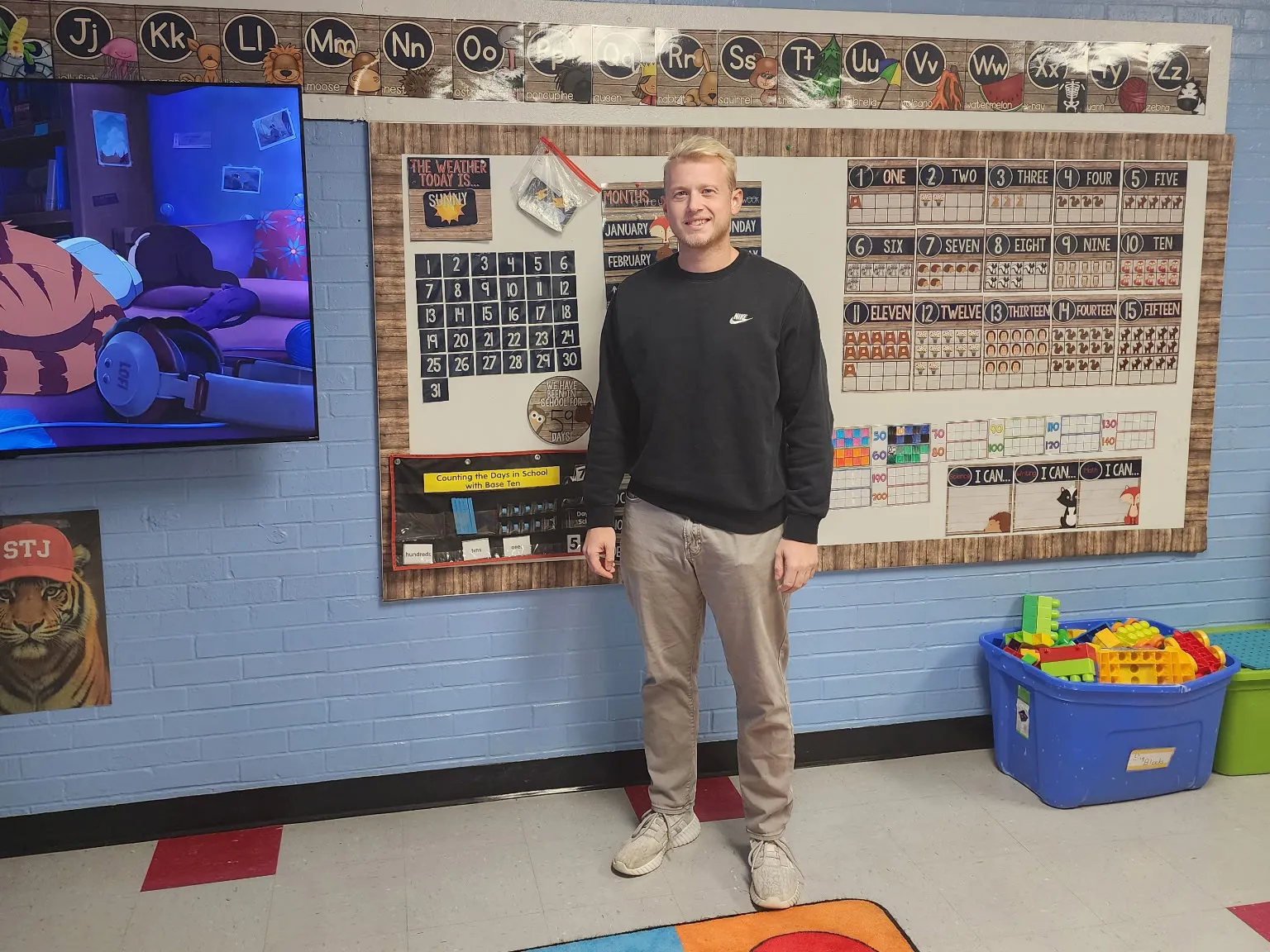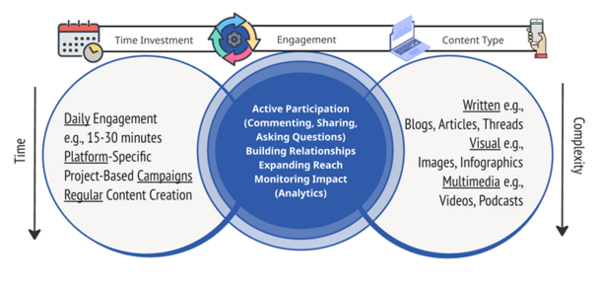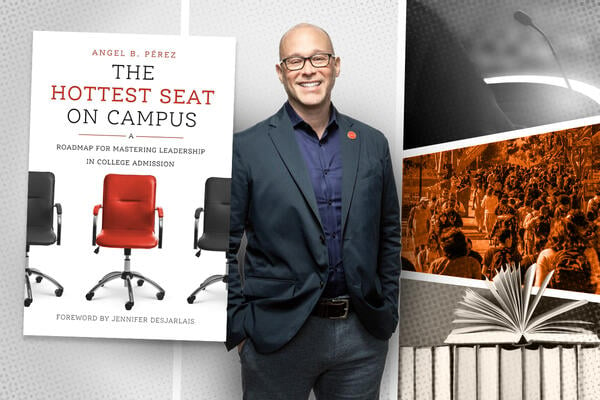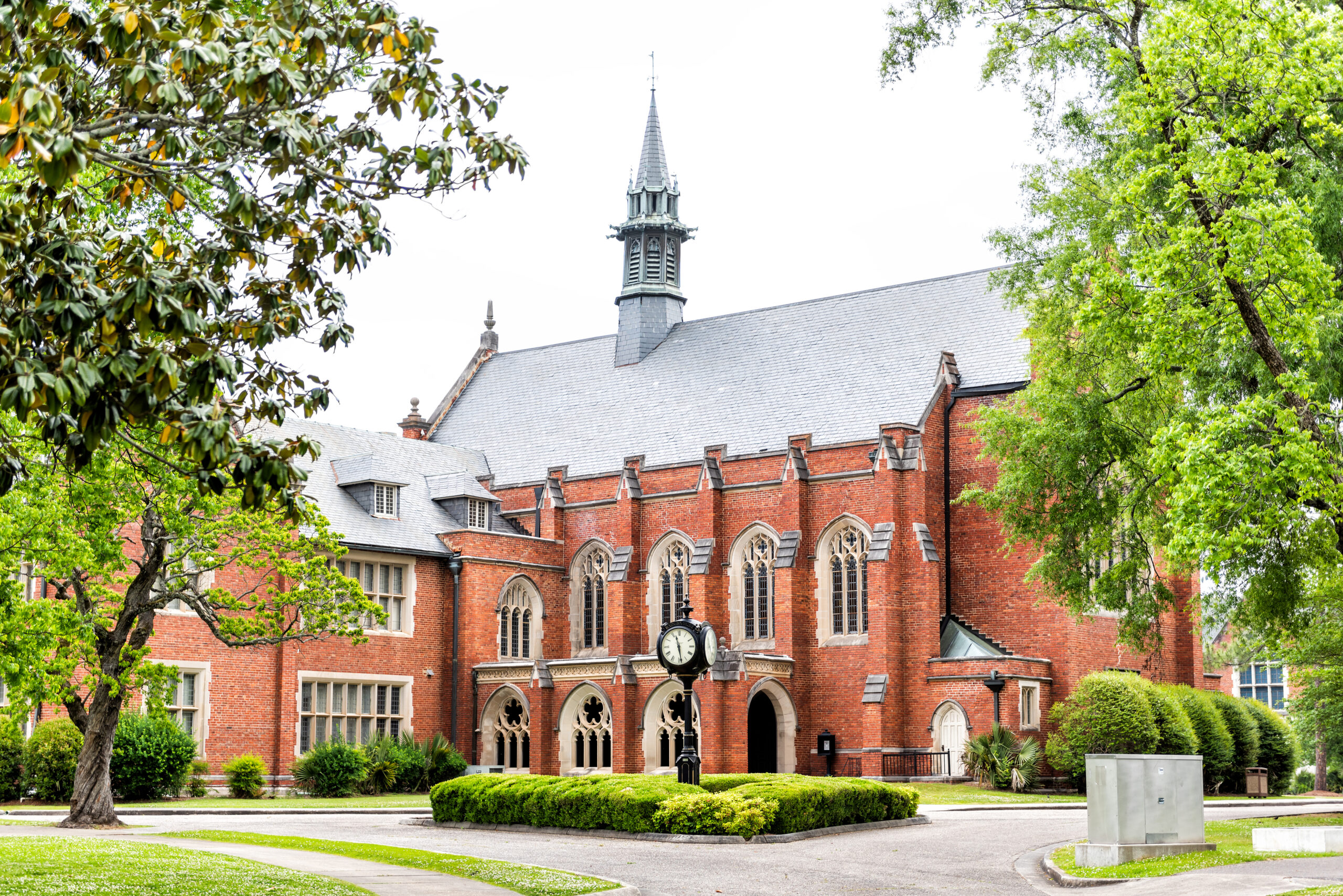The faculty role in higher education (HE) comes with the expectation to publish, yet many consider this a burden rather than a privilege. In fact, the contractual obligation to publish is only growing more, not less, intense (Strawser, 2020), and it is often linked to whether or not a faculty member is promoted or receives tenure (Blankstein, 2022). There are some practical suggestions and tips that faculty can consider when either starting out with their first scholarly output or when needing some motivation to pick back up or continue adding contributions to their curriculum vitae. This article will detail four ways to jumpstart your journey to publication.
Start with a Call
One tried-and-true piece of advice for HE faculty is to write to a specific call rather than try to fit a passion project into a journal’s call, after-the-fact. Passion projects are important, but tackle these after you have a few publications under your belt. When starting a project as a response to a specific call, you have all of the information up front prior to designing the study or even starting to do research or write. For example, some publishers are fine with theoretical or theory-to-practice manuscripts while other journals require a clear methods section detailing the collection and analyses of new, empirical data. Other specifics such as word count, acceptable themes or topics, and whether the due date is set or rolling can provide the confidence needed to get to work. Feeling informed on some of the key expectations from a specific journal’s call for papers can go a really long way when tackling a new writing project.
Consider Co-Authoring
Another suggestion is to think about the benefits of co-authoring. Much can be gained by considering this tactic, especially if new to the world of faculty scholarship. Don’t set yourself up for the pressure of finding your forever writing partner; rather, think about someone who shares an area of content expertise or interest and reach out to gauge their interest in co-authorship on just one project to start. A piece of advice would be to also focus on a potential writing partner’s work habits and goals as much (if not more!) as their content area or field. It is actually easier to find content overlap than it is to mesh different writing or working styles. One of the benefits of co-authorship is that you share the load together and this applies to the actual work and time of doing research and writing. It comes into play when trying to make sense of what can feel like a daunting list of submission guidelines. It can be two sets of eyes on the manuscript submission process. Or, it could even mean sharing the disappointment together if an article receives a rejection and requires finding a new journal home. If you cannot think of someone who would work as a co-author then consider finding a mentor, someone who has experience with publishing, and ask if you can meet with them to get some advice. A writing partner or a mentor can be an accountability partner, which can be invaluable when thinking about, starting, and completing a scholarly output such as a journal article.
Set a Writing Routine
Establishing a writing routine can provide the structure needed to complete a project. Commitment only goes so far, but when coupled with a set time for researching, writing, and reflecting on your work, the results come more quickly and consistently. Depending on your workload and the flexibility within your schedule, a set writing time may resemble a weekly or perhaps biweekly block of time. It’s important to have this time identified; otherwise, daily tasks, agendas, and meetings will consume your time and, let’s face it, energy. Creating a routine and sticking to it takes determination and may not happen overnight. Depending on the complexity of the task, your motivation level, and life’s unpredictable events, adopting a routine may require multiple attempts. One comprehensive study noted that a routine can take anywhere from 4 to 335 days to acquire with the average being between 106 and 154 days (Singh et al., 2024). Don’t give up; routines equal results! Determine your routine and don’t sacrifice this practice; rather, commit to and embrace it.
Attend a Writers’ Retreat
Imagine having a whole day or weekend to yourself to dive into a writing project and lose yourself in the process and content. If that sounds magical, you’re in luck. There are opportunities where you can retreat and become happily consumed in your labour. One example is highlighted on 4citeconsulting.com. Many struggle to stay focused when life’s distractions arise and that is to be expected. Now consider an opportunity where work and typical distractions (i.e., cleaning the house, laundry, doing the dishes, etc.) are less front-of-mind. Writing retreats provide such an environment, one built around peaceful and quiet spaces with rich, collaborative opportunities should you want them. Setting aside your personal and professional to-do-lists and focusing on a writing project can be fulfilling on many levels. Whether it’s the time to think, space to work, or opportunity for feedback, a writing retreat offers support and, in many cases, mentors or coaches who are eager to assist you moving that piece forward and helping you achieve your goals.
Key Take-Aways
Scholarship does not have to feel daunting. Taking small steps in pursuit of a goal to publish can make the process less intimidating. Best practices may include finding the correct call, one that speaks to your interests and expertise. If the thought of writing feels overwhelming, consider inviting a co-author to join and share the workload as well as the mental ups-and-downs of the journey. Determining the time and space where you can prioritize your project is critical. For some this may mean escaping to a writing retreat where life’s daily pressures are kept at bay. These simple, yet practical actions can serve as a guide to achieving your professional goal of publishing, one citation at a time.
Dr. Lori Doyle currently serves as Associate Professor of Education, Director of the Master of Arts in Educational Leadership program, and Assistant Director of the Servant Leadership Institute at Concordia University Irvine. Her areas of research interest are servant leadership, higher education, adult learners, and vocation.
Dr. Tanya Tarbutton works as a Professor of Education at Concordia University Irvine where she serves as the Senior Director of Master of Arts Programs. Her areas of interest include adult learning, online and global education, leadership, and curriculum development and alignment.
References
Blankstein, M. (2022). Ithaka S+ R US faculty survey 2021.
Singh, B., Murphy, A., Maher, C., & Smith, A. E. (2024). Time to Form a Habit: A Systematic Review and Meta-Analysis of Health Behaviour Habit Formation and Its Determinants. Healthcare, 12(23), 2488. https://doi.org/10.3390/healthcare12232488
Strawser, M. (2020). Navigating the new professoriate. Inside Higher Education, 6(2), 2020. https://www.insidehighered.com/












